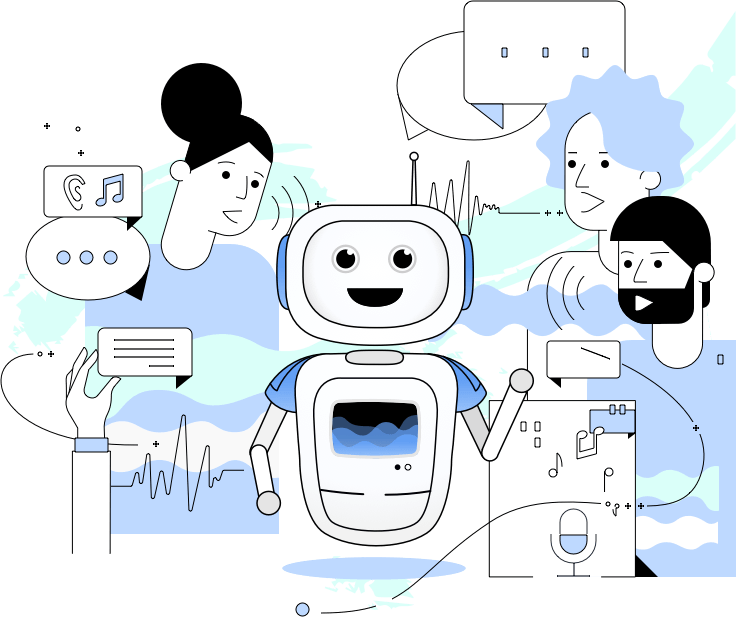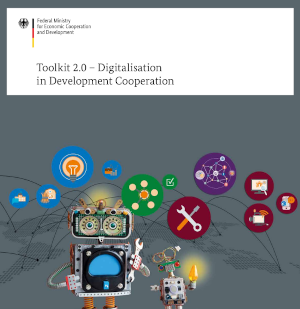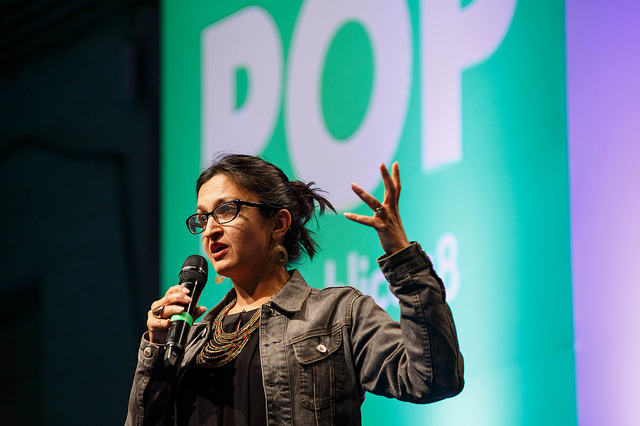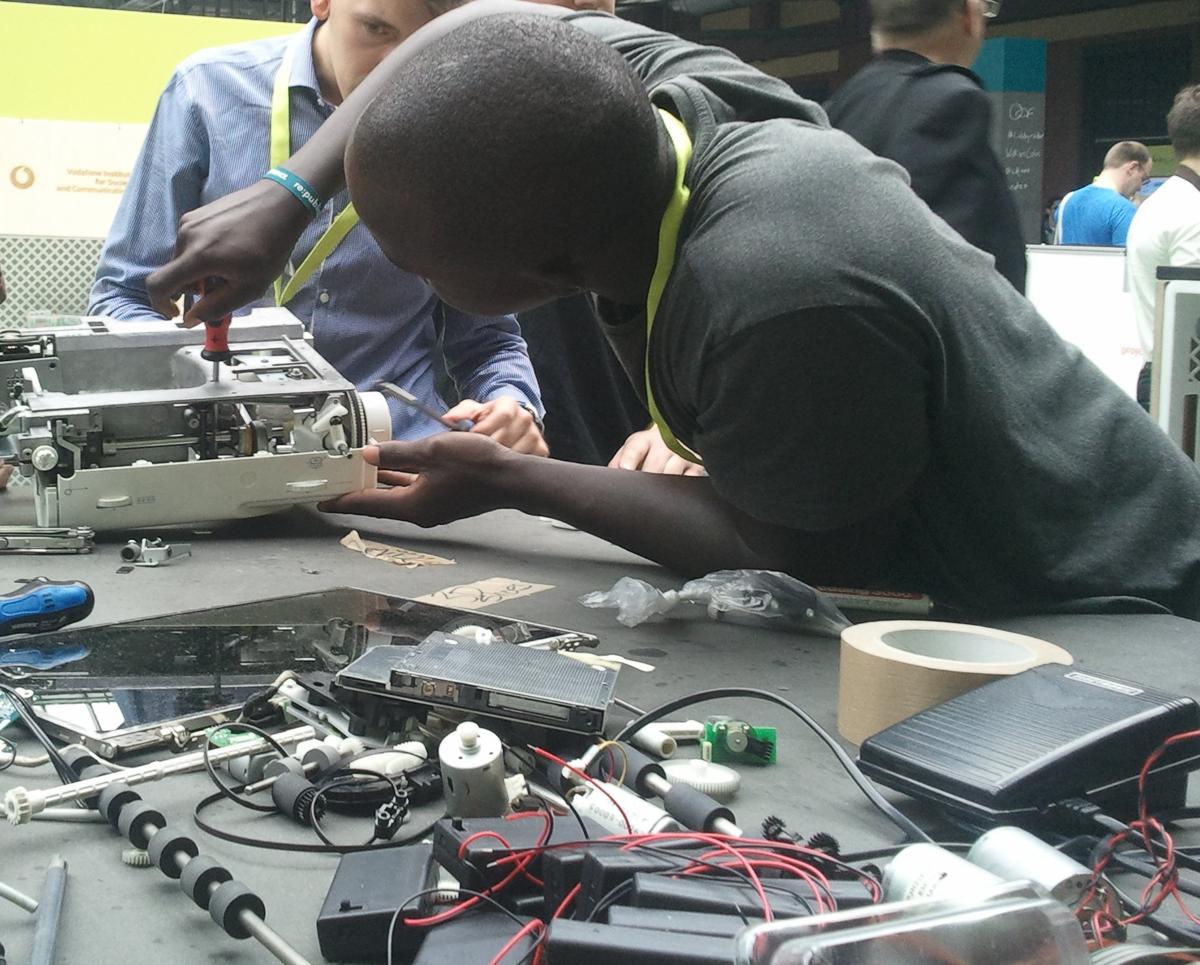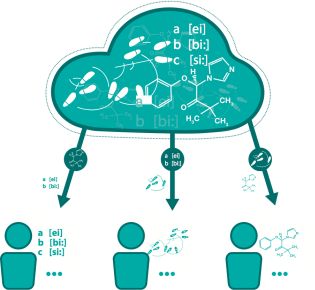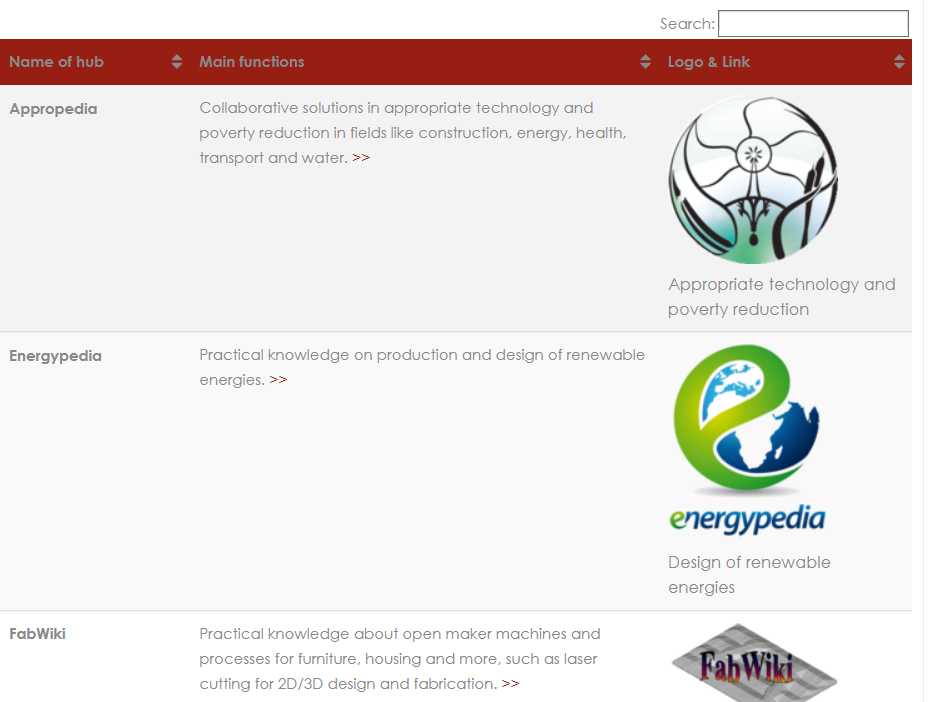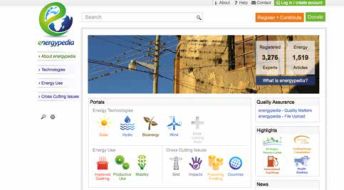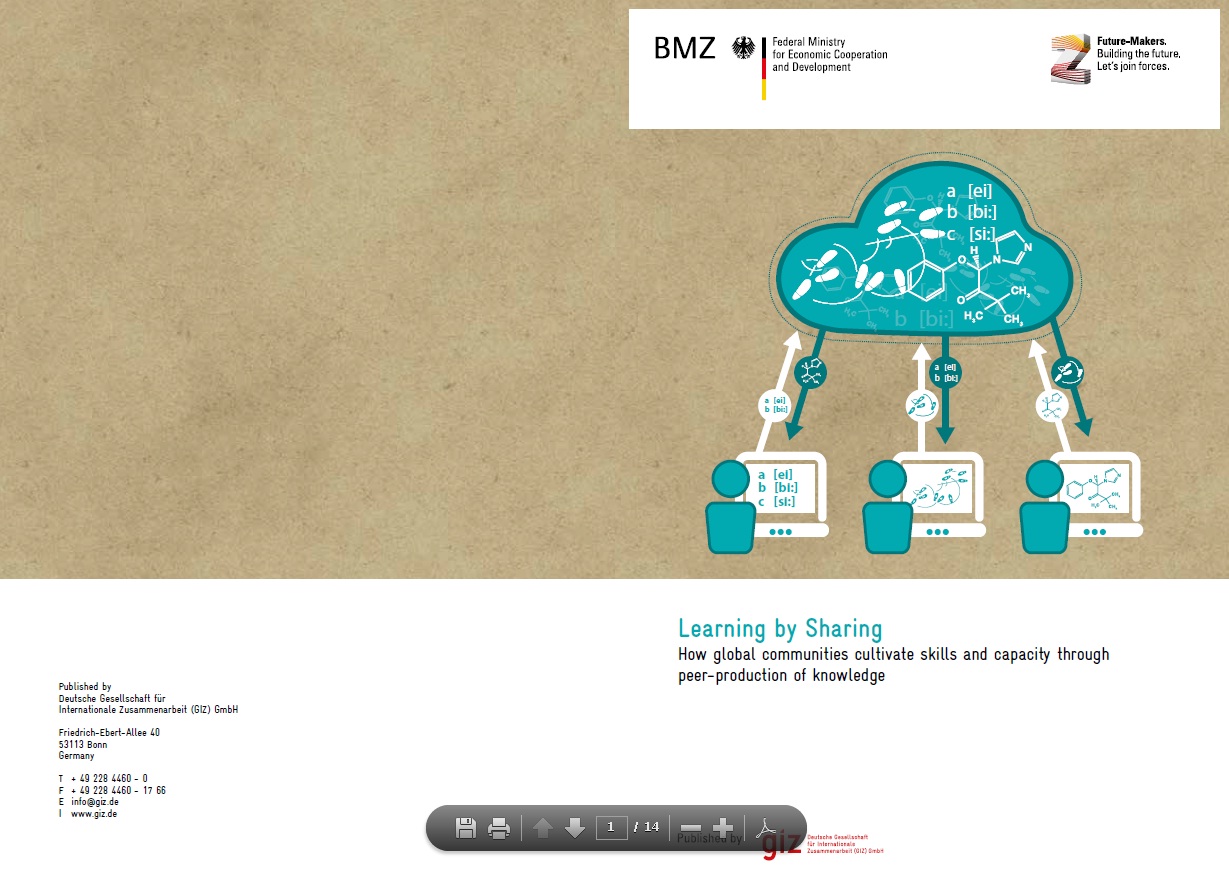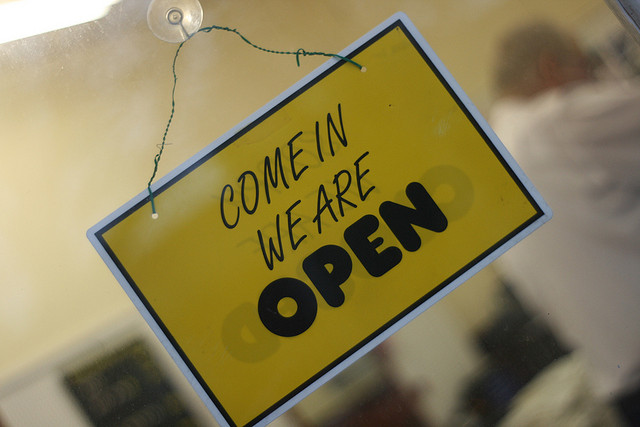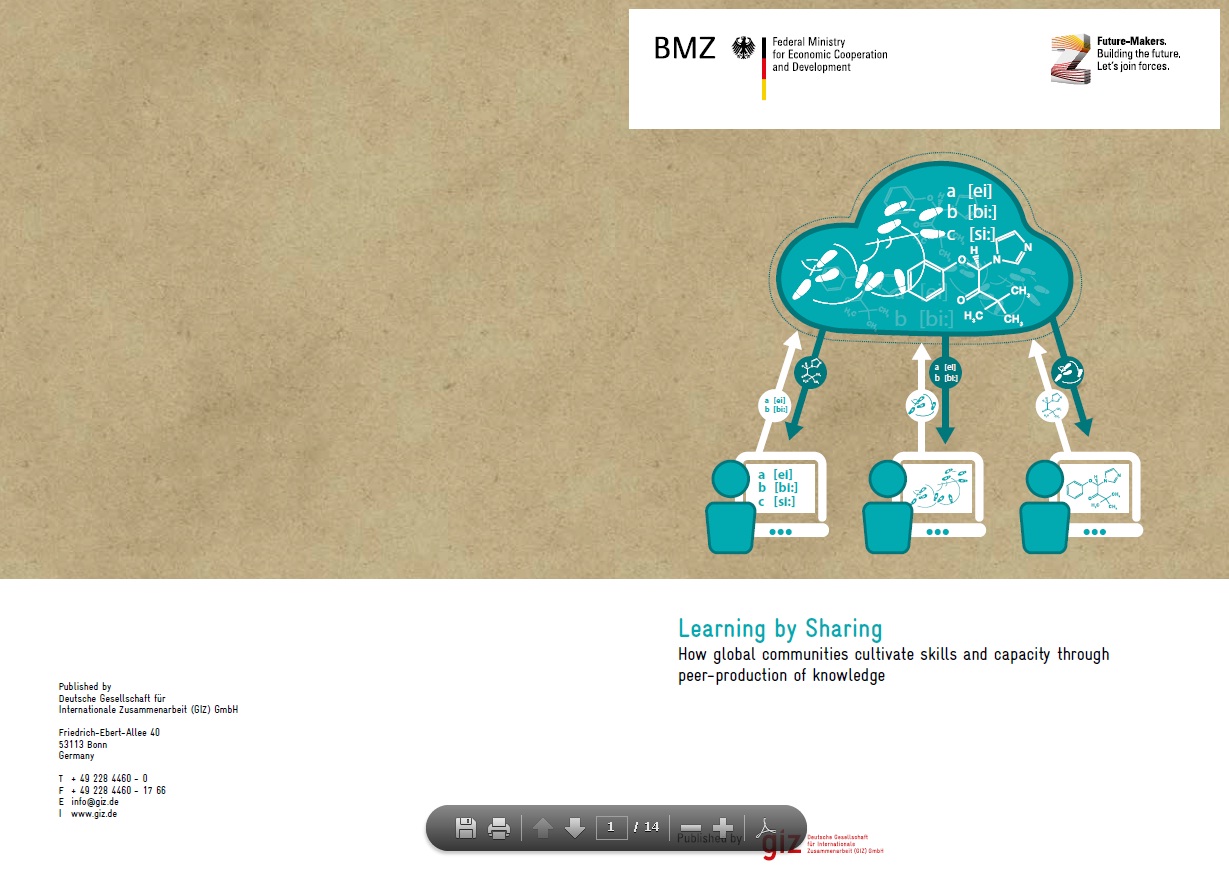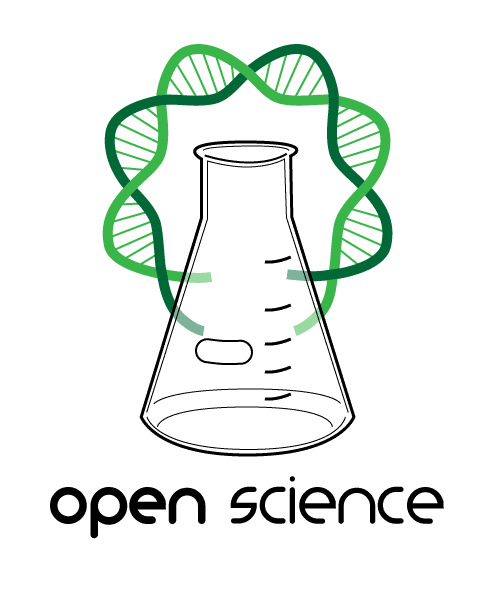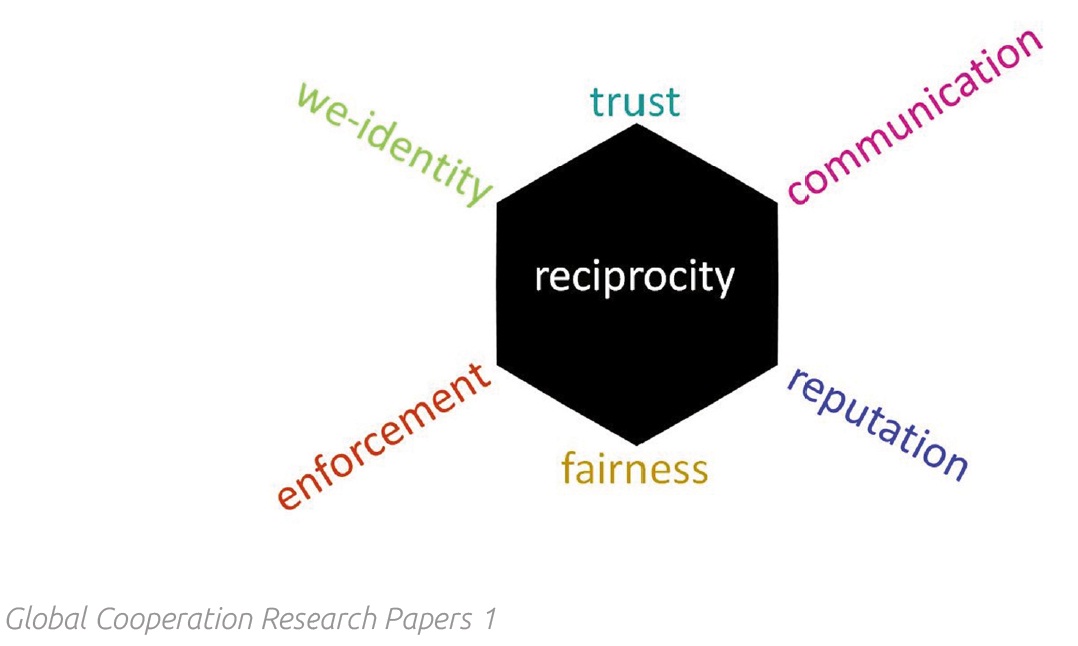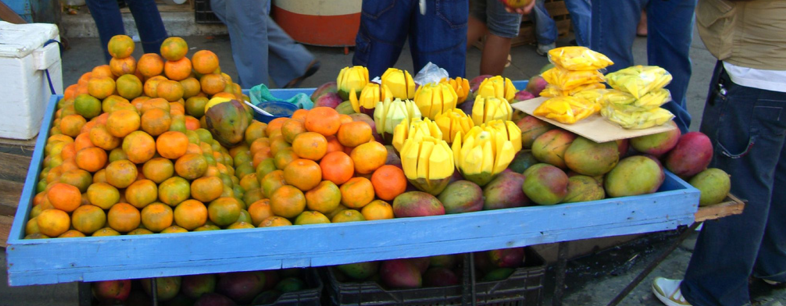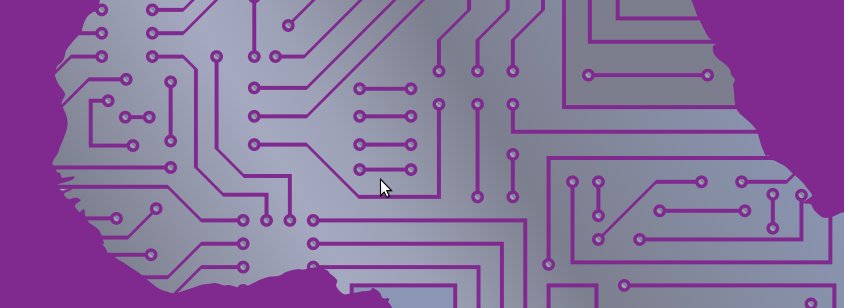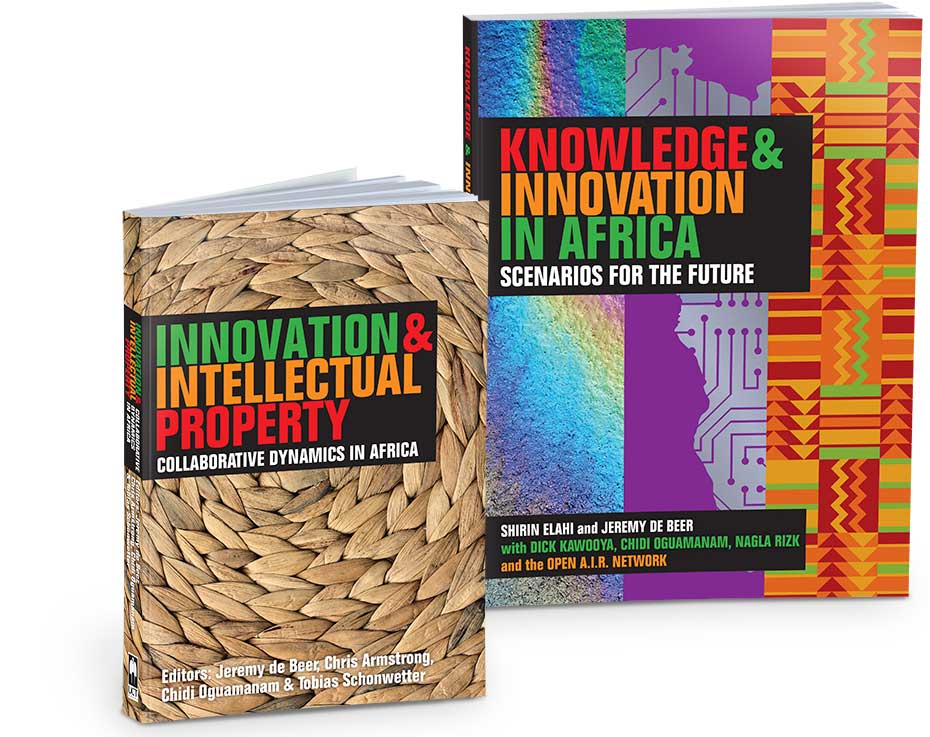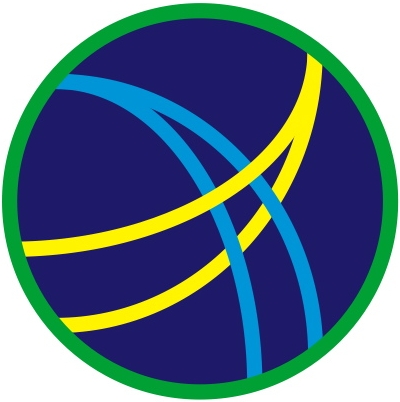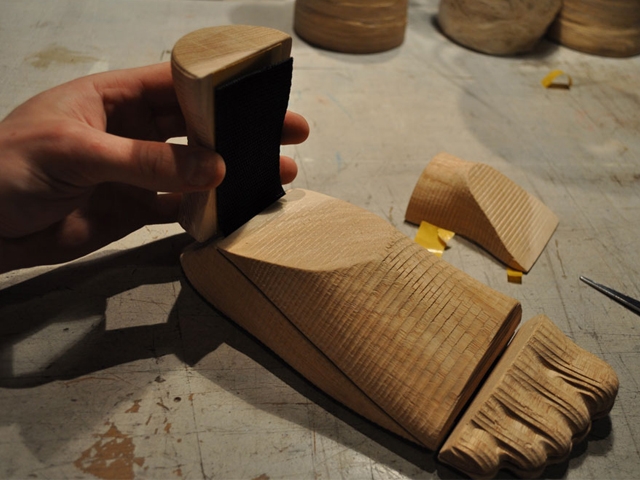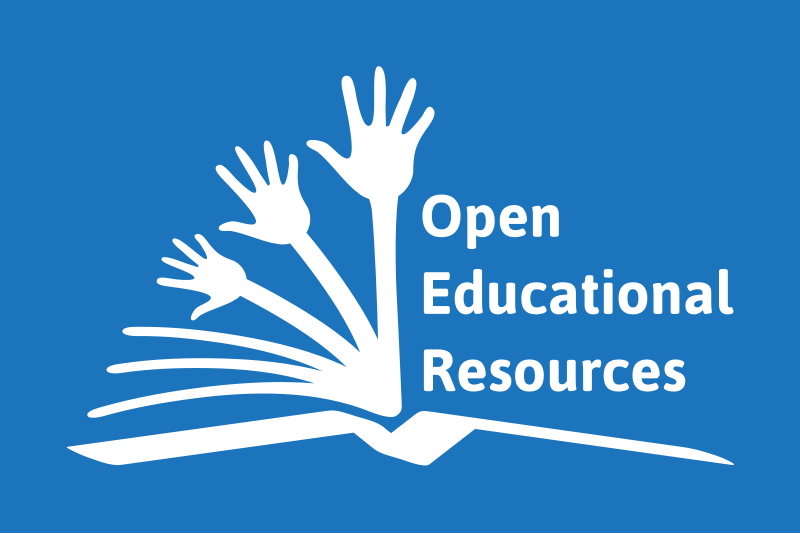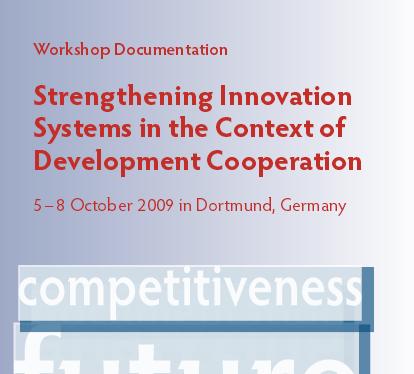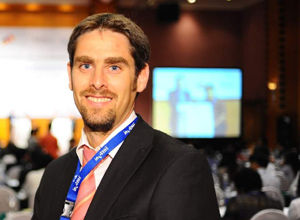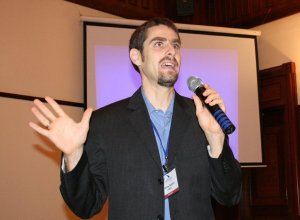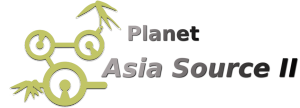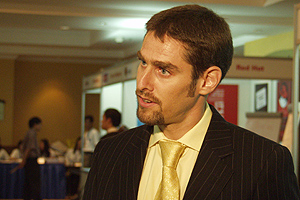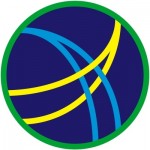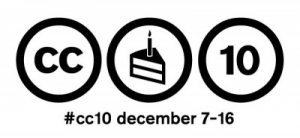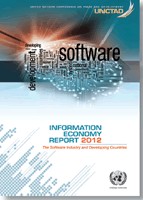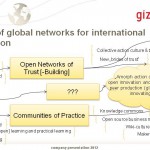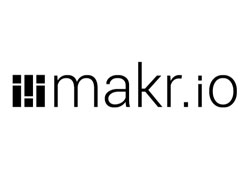I really recommend Tactical Tech’s Info Activism Camp for anyone who is in the business of evidence-based advocacy. More info below and on the website:
Evidence is an activist’s most powerful asset. Used well, it can transform even the most difficult advocacy effort into an initiative that influences perceptions and actions around an important issue. Tactical Tech is organising the 2013 Info Activism Camp (camp2013.tacticaltech.org) to explore the ways in which digital technologies, data and visuals can be used to collect and present evidence to influence debates. Applications are open until 19th April! We’re seeking curious and creative individuals working with information to investigate, expose, monitor, challenge, and mobilise support around human rights issues. Join us for a week of discussion, debate and skill-share. Participants will have the opportunity to meet and build connections with people working across the world, in different practices, and build their knowledge and skills in evidence-based advocacy. The camp will run from 23-30 June at Centro d’Ompio, a beautiful retreat centre in Northern Italy (read more: https://camp2013.tacticaltech.org/location). Places are limited. We only have 80 spots and plenty of interest! So please do share this with suitable candidates. Full and partial grants are available for travel and stay, upon application. The application deadline for those who needed to apply for visas to come to Italy has closed. But it’s still open for those who do not need to apply for a visa. The new deadline is 19th April (24:00 CET). More application information and forms: https://camp2013.tacticaltech.org/content/important-information
